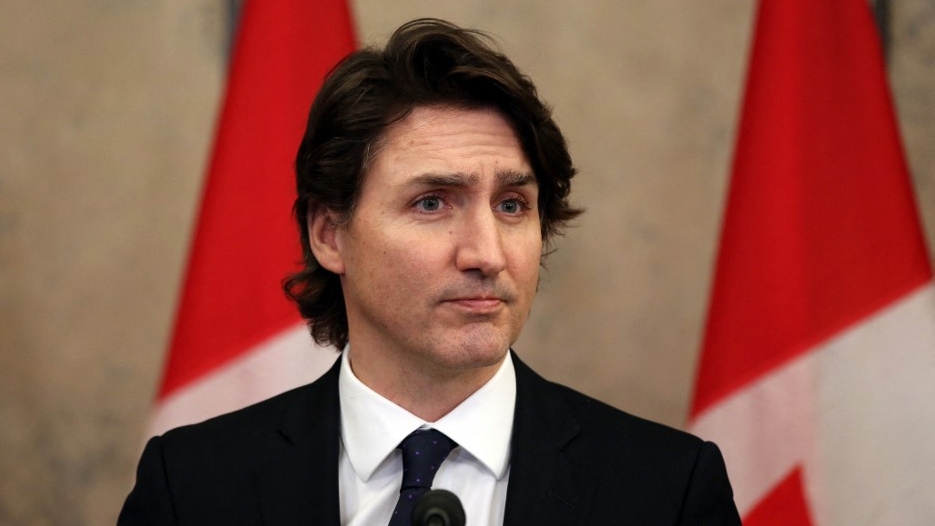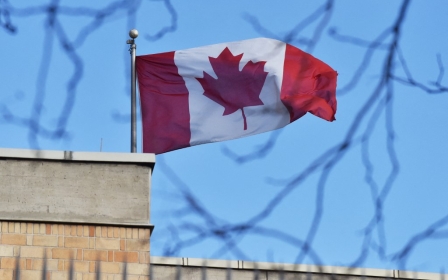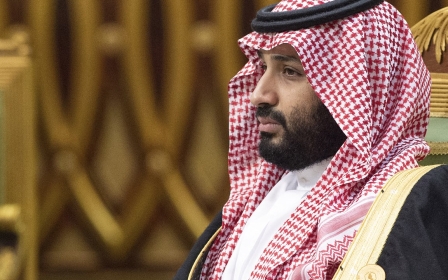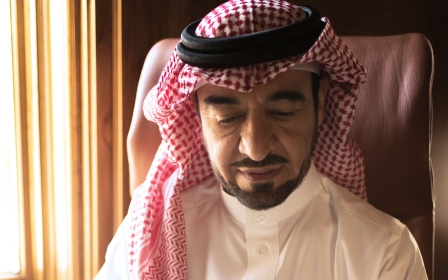Canada-Saudi reconciliation: Why now?

Canada and Saudi Arabia announced this week that they are restoring full diplomatic relations. This amounts to a return to the status quo that existed before their 2018 dispute when in response to official comments critical of its human rights record, Saudi Arabia recalled its ambassador to Ottawa and expelled the Canadian ambassador to Riyadh.
The announcement comes as a surprise, as there had been little indication that the two countries were negotiating a reconciliation.
The response from many in Canada was to ask: what had changed on our side that could explain this apparently sudden shift? But that is the wrong question. The reconciliation was driven by Saudi Arabia rather than Canada.
Mohammed bin Salman became crown prince and de facto ruler of Saudi Arabia in 2017.
His early years were marked by a reckless and aggressive foreign policy, which aimed to jettison his country’s traditionally cautious approach to regional affairs and rebrand Saudi Arabia as an assertive regional power.
New MEE newsletter: Jerusalem Dispatch
Sign up to get the latest insights and analysis on Israel-Palestine, alongside Turkey Unpacked and other MEE newsletters
Those years witnessed, in particular, the blockade of Qatar and a continuation of the brutal Saudi military intervention in Yemen.
The 2018 dispute with Canada was consistent with this approach. It was, in part, a pretext for Riyadh to send a message to other western democracies that criticism of Saudi Arabia would henceforth invite retaliation.
Canada was low-hanging fruit. It was not as powerful as the US, nor a member of the European Union, allowing Saudi Arabia to make a point without paying a significant cost for the dispute.
Trade interests
In the intervening years, however, Mohammed bin Salman has shifted his approach, embarking on a process of social and economic reforms - although these have not included any attempts to promote democracy or human rights.
Apparently realising that his plans could not succeed if Saudi Arabia remained entangled in costly diplomatic and military disputes, which act as obstacles to the promotion of tourism, trade, and investment, Mohammed bin Salman engineered a reconciliation with Qatar, struck a deal with long-time rival Iran, and made efforts to bring an end to the failed war in Yemen.
By patching things up with Canada, he removes a symbolic irritant that could make western businesses fearful that politics and diplomacy supersede economics.
The Saudis’ apparent willingness to drop their longstanding demand that Canada must apologise for its public criticisms as a precondition for reconciliation appears to support this view.
In a context of growing decoupling from China and uncertainty surrounding future relations with the US, it is in Canada's interests to diversify its trade relations
What will Canada gain from the warming of ties with Saudi Arabia? In practice, not much, especially in the short term.
Even before the dispute, Saudi Arabia was not a priority for Canadian foreign policy, and trade was relatively limited. Moreover, it is not clear what the next steps will be.
We do not know, at this point, whether Saudi Arabia will start sending thousands of students back to Canada, or whether political prisoners with links to Canada, such as Raif Badawi, will be freed (Badawi was released from prison a year ago but is barred from leaving Saudi Arabia and from using social media).
That said, Canada was not gaining anything from the dispute. Having an ambassador in Riyadh - and, more broadly, better relations - can only help the pursuit of Canadian interests, including on the topic of human rights.
And in the context of its growing decoupling from China and uncertainty surrounding future relations with the US, it is in Canada’s interests to diversify its trade relations.
The dispute with Saudi Arabia acted as an obstacle to trade with the rich Arab monarchies of the Gulf.
There certainly will be criticism that the reconciliation amounts to Canada rewarding a brutal dictatorship.
But diplomacy is not about rewarding or legitimating the other side, it is about pursuing your own interests. As threats to Canada’s security intensify, ranging from foreign interference to far-right extremism, it is essential for the country to be pragmatic and more assertive in managing its foreign policy.
The views expressed in this article belong to the author and do not necessarily reflect the editorial policy of Middle East Eye.
Middle East Eye delivers independent and unrivalled coverage and analysis of the Middle East, North Africa and beyond. To learn more about republishing this content and the associated fees, please fill out this form. More about MEE can be found here.





